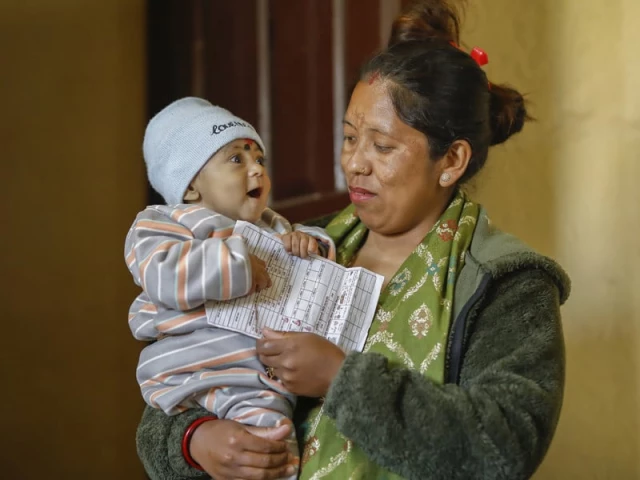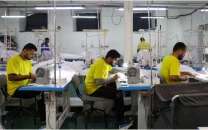Nepal eliminates rubella, says WHO
Rubella is a highly contagious viral infection transmitted through coughs and sneezes

Nepal has eliminated rubella as a public health problem, the World Health Organization said on Monday, citing the success of its immunisation campaigns and disease-surveillance programme.
Rubella is a highly contagious viral infection transmitted through coughs and sneezes.
It occurs most often in children and young adults, most of whom will develop a mild fever and rash. But it is particularly serious for pregnant women as infection can lead to miscarriage, stillbirth, or a range of lifelong and debilitating birth defects.
A vaccination exists against rubella, which Nepal started using in its immunisation programme in 2012. By 2024, Nepal had achieved over 95 percent coverage for at least one dose of rubella vaccine.
Catharina Boehme, head of the WHO’s 10-country South-East Asia regional division, hailed the “unwavering commitment” of Nepal’s leadership, and the work of its healthcare professionals, in tackling rubella.




















COMMENTS
Comments are moderated and generally will be posted if they are on-topic and not abusive.
For more information, please see our Comments FAQ